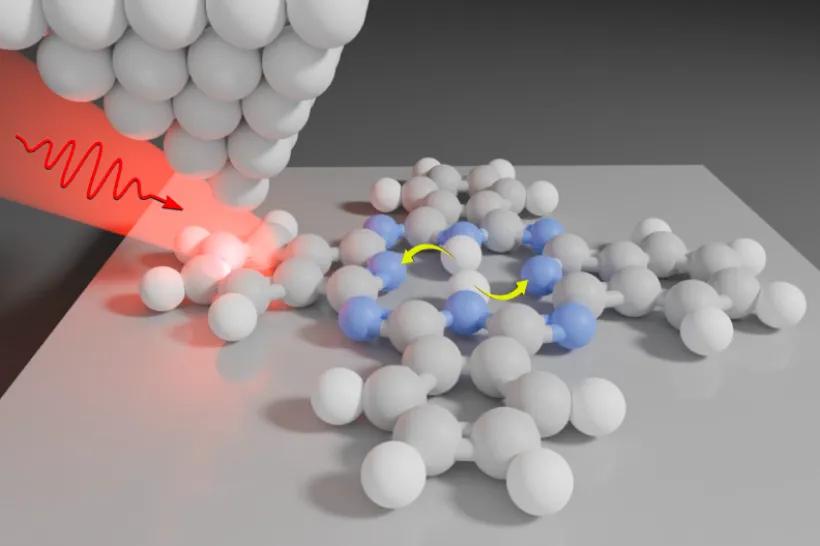The LasApp project builds on a long tradition of unique research and development in the field of laser technologies in the Czech Republic and makes full use of the existing infrastructure and expert background. Scientists have identified three strategic areas where laser technology can play a major role in the future in the search for new breakthroughs and discoveries. These areas are space applications, biotechnology and advanced laser technologies for smart manufacturing. For all these areas, knowledge in the fields of smart optics, data handling, automation, robotics and AI will play a key role in the future.








